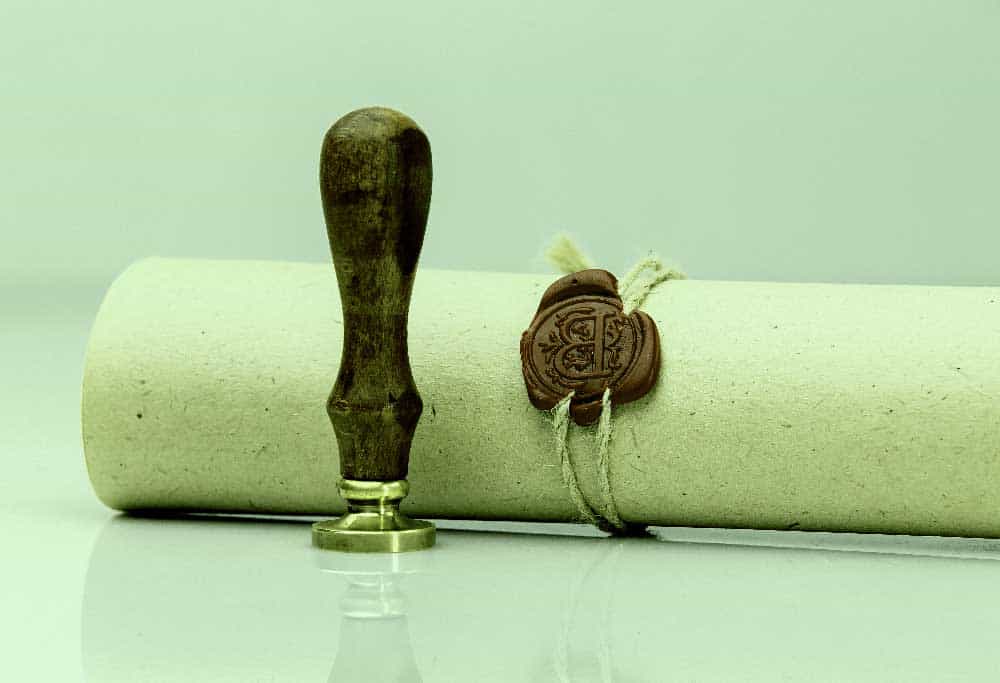What to do when someone dies: A complete checklist
A simple, step-by-step checklist to help you stay on top of everything.
A simple, step-by-step checklist to help you stay on top of everything.
When someone dies, it can feel incredibly overwhelming. Our checklist breaks down everything you need to do, and in what order, into more manageable steps. Hopefully, this makes things a little simpler for you and anyone else involved.
Please note, this page is for general informational purposes and should not be considered legal counsel. If you require tailored guidance, reach out to our experienced team at Trustestate.

Remember to try and take care of yourself as much as you can during this difficult, busy time. We've listed some places you can get support at the end of this checklist.
Before you begin
Dealing with practical tasks after someone dies can be daunting, especially when you're grieving. One of the more complex parts of this process is probate, which involves managing the legal and financial affairs of the person who has died.
Depending on the size and nature of the estate, this can be time consuming and sometimes confusing. You do not have to go through it alone. There are professionals who can help, from registering the death to applying for probate and dealing with the estate. If you are ever unsure about what to do next, you can book a free call with one of our experts or give us a call on 0808 502 247.










